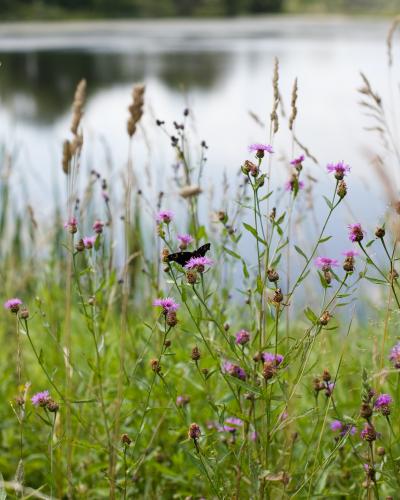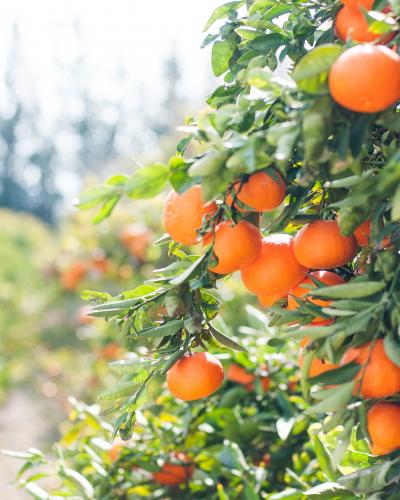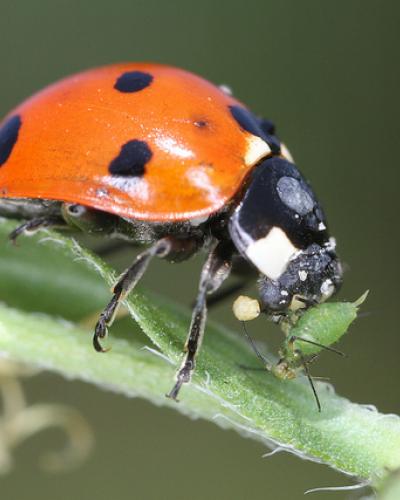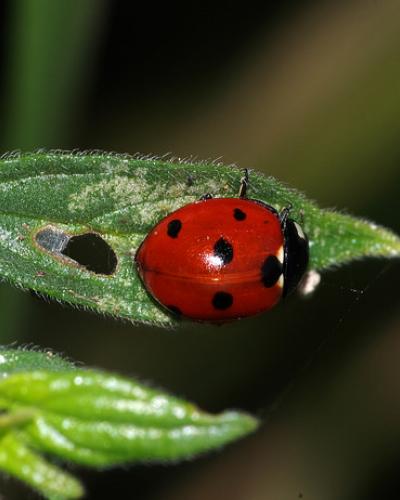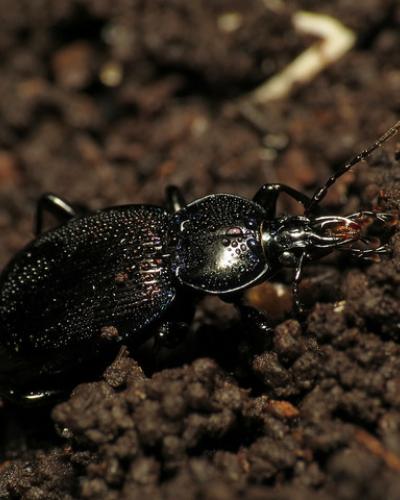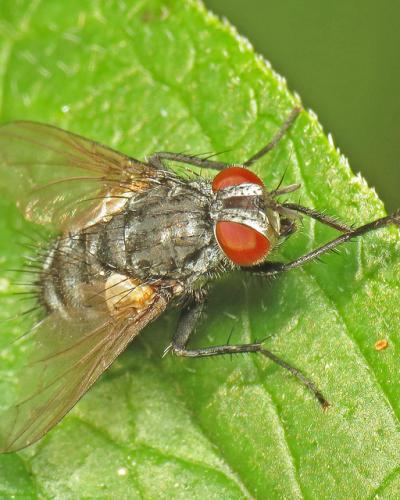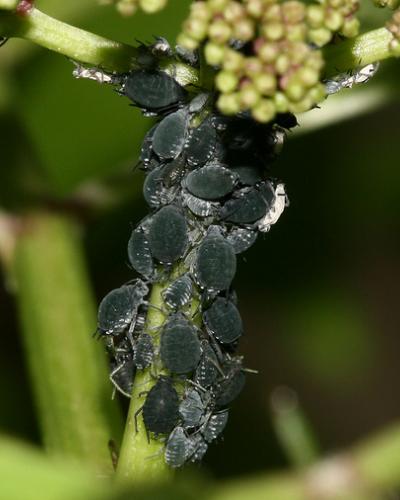Industrialized chemical agriculture has caused a decline of many important insects across the globe, while organic farming can promote biodiversity by using fewer harmful sprays and by providing...
Nov 01, 2021
The ever-growing global population demands more food production, while at the same time, increased farming intensity has contributed to the depletion of important insect populations. A recent...
Jul 19, 2021
Chemicals sprayed in agriculture can drift from the target field during spray events, impacting human exposure and neighboring crops. A recent study published in the journal Environmental...
Mar 15, 2021
In an effort to reduce the use of harmful pesticides, farmers are looking for ways to enhance natural pest control by boosting numbers of natural predators of pests on their farms. A recent study...
Nov 06, 2017
Photo credit: John Flannery
A recent study published in the Journal Integrative and Comparative Biology has found that organic systems may be more resilient to pest...
Sep 26, 2017
Photo caption: Neil Williamson
New research published in the journal Global Change Biology has found that organic farming benefits biodiversity. Researchers compiled data...
Mar 18, 2017
Photo credit: Katja Schulz
A recent study published in Agriculture, Ecosystems and Environment demonstrates that conservation management of farms increases the abundance of...
Oct 23, 2015
Photo credit: Don Lavange
A new study published in Science Advances has found that farming practices that promote biodiversity also increase natural pest control on farms...
Jun 17, 2015
Photo credit: Martin Cooper
A new study in the Journal of Applied Ecology has found that tachinid parasitoids, a group of flies that prey on crop pests, are positively...
Mar 20, 2015
Photo credit: S. Rae
Neonicotinoid pesticides have been criticized for the harm they may cause to non-herbivore insects such as bees. Now, a growing body of literature...

